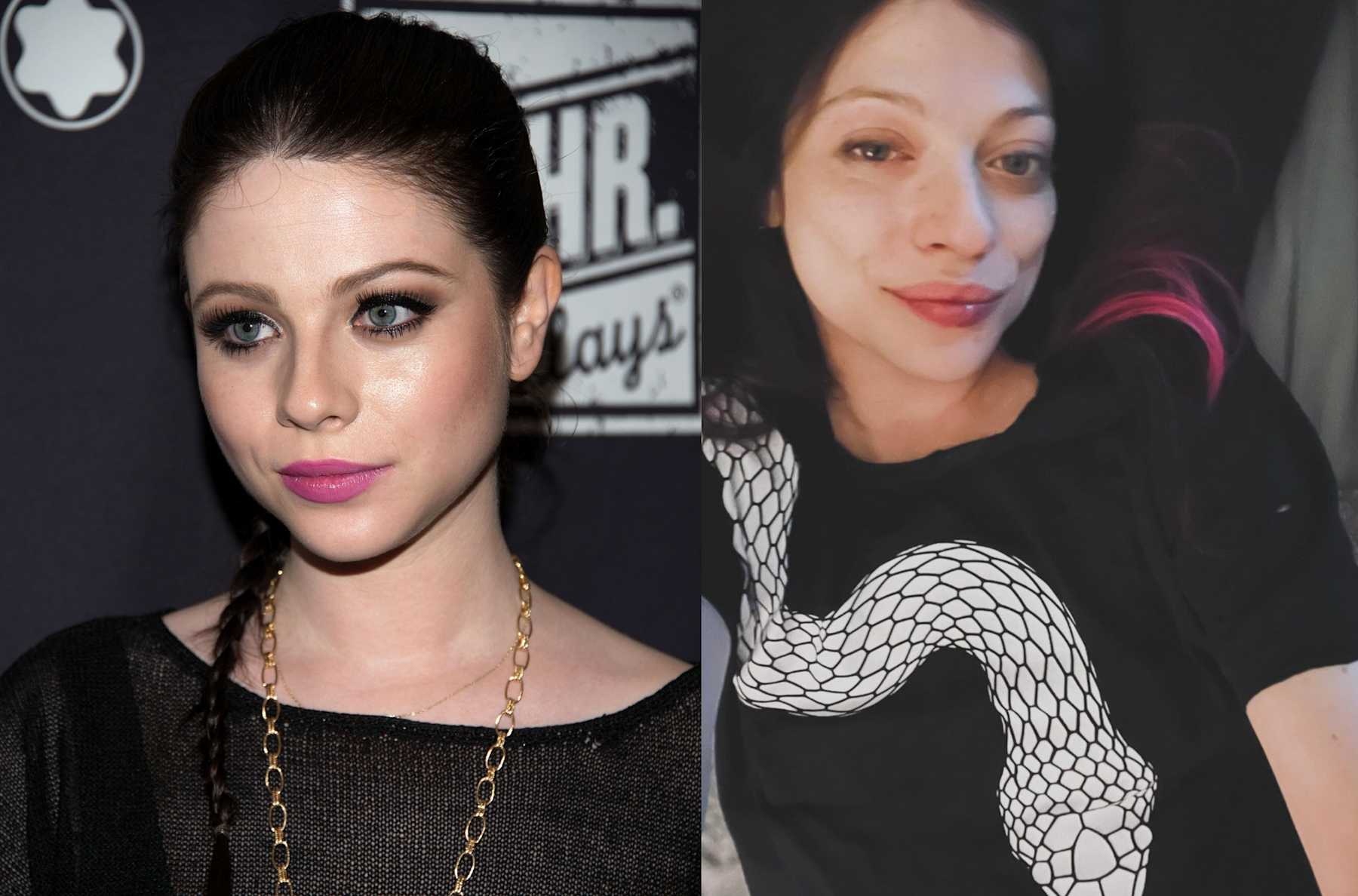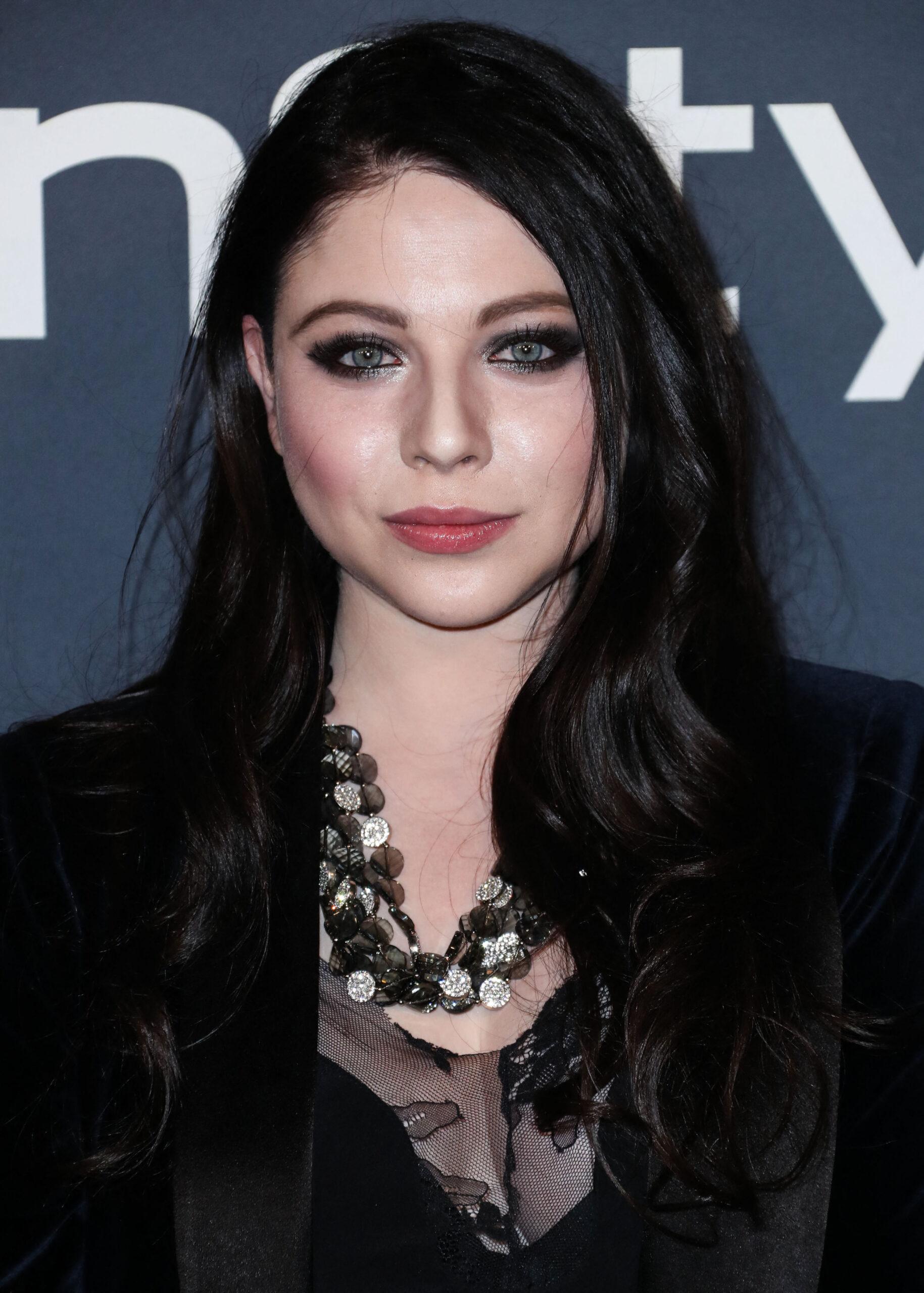In a time when what we see and hear online can be tricky to tell apart from what is real, conversations about things like the Michelle Trachtenberg deepfake are becoming more and more common. It’s a situation that brings up a lot of thoughts about how we view people in the public eye, and what happens when digital creations start to look very much like the real thing. This kind of technology, which can make pictures or videos that seem incredibly authentic, really makes us think hard about the trust we place in what pops up on our screens.
The rapid spread of digital tools means anyone, almost, can make content that looks genuine, but might not be. This can be a bit unsettling, especially when it involves individuals we feel we know, like actors or public figures. It just goes to show how quickly the digital landscape changes, and how we need to stay aware of what’s out there. This particular instance, for example, just brings to the surface bigger questions about truth in the online world.
So, it’s not just about one particular piece of content; it's about the broader implications for everyone. It makes us pause and think about the images we consume, and how easy it is for things to be misrepresented. It’s a call for all of us to be a little more thoughtful about what we share and what we believe, especially when it comes to visual information.
Table of Contents


:max_bytes(150000):strip_icc():focal(719x0:721x2)/Michelle-Trachtenberg-Claps-Back-at-Critics-1-012224-ae6dcaefd4ac478693764bfa9063315e.jpg)